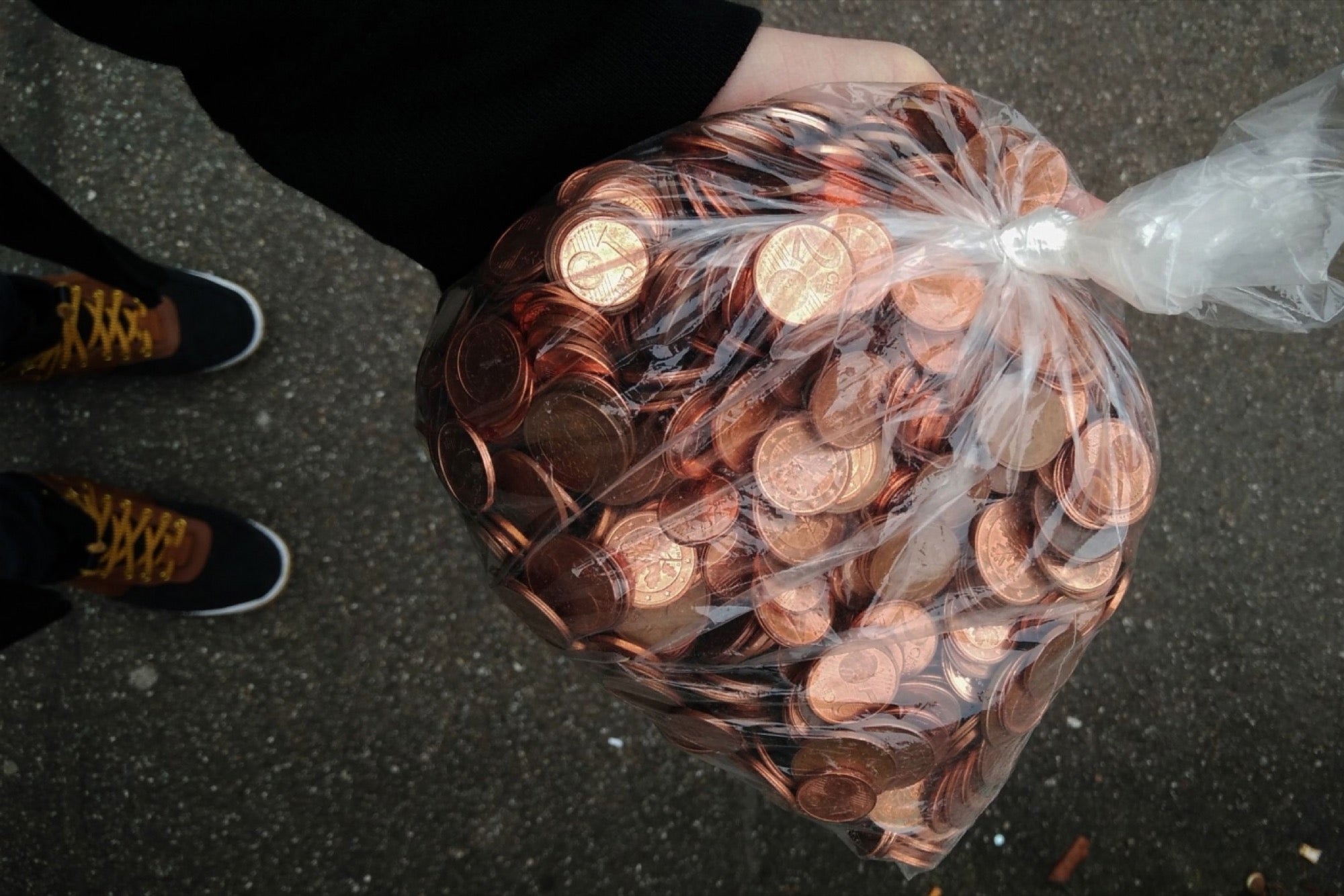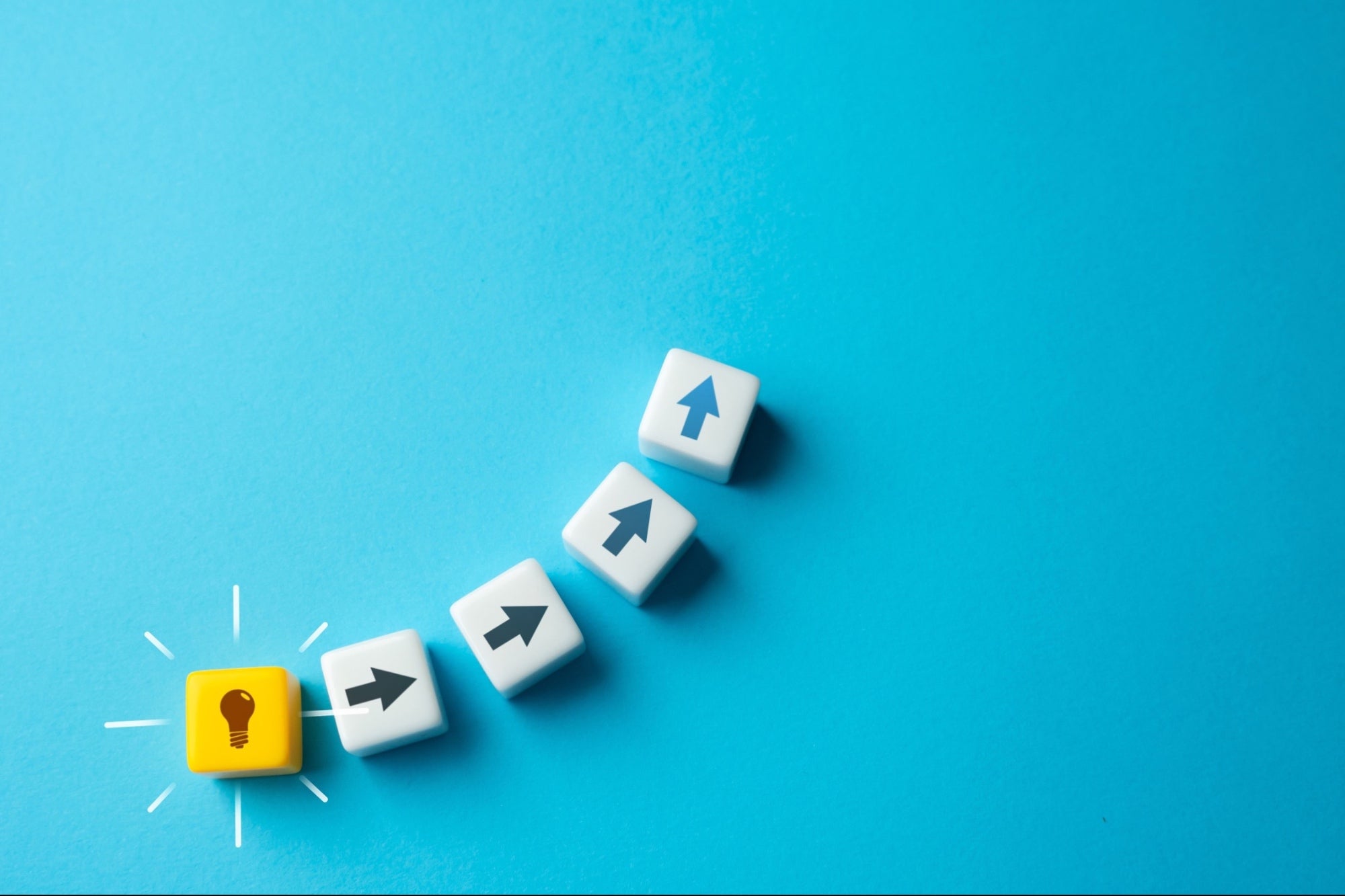Dubai's Renewable Energy Ambitions: Pioneering Net Zero Strategies for 2050 Investments made in the adoption of mass solar power have resulted in strong R&D and have helped to drive down the global cost of solar power per unit of energy created.
Opinions expressed by Entrepreneur contributors are their own.
You're reading Entrepreneur Middle East, an international franchise of Entrepreneur Media.

Global energy demand is not waning. In fact, it is still on an exponential growth trajectory. Transitioning to renewable energy has become an imperative to fuel the world's journey towards achieving net zero and carbon neutrality. The renewable energy transition not only requires rapid construction of renewable energy projects, whether it's harnessing the power of solar, wind, hydro power (or other renewable forms), but it also requires the construction of the renewable energy infrastructure that transports, stores, and distributes this renewable energy to the end-users.
Thankfully, both the major investments made in the adoption of mass solar power plants around the world and especially right here in Dubai, have resulted in strong R&D and have helped to drive down the global cost of solar power per unit of energy created.
Today, solar and wind energy are more affordable than gas, and continue to drop as more investments are made.
As of 2023, solar energy accounted for 37% of all renewable energy capacity available around the world. Though 86% of all new energy capacity expansions were renewable in 2023, we are not adding enough capacity to meet global net zero 2050 targets. Much of this capacity is being led by only a handful of countries, predominantly led by China and the far East. The United Arab Emirates continues to rise as a dominant leader in the Middle East, committing to tripling installed clean energy capacity to 19.8 GW by 2030, creating 50,000 new green jobs by 2030, and achieving net zero targets by 2050.
To achieve the country's net zero ambitions, the commercial capital city of Dubai has come up with its own clean energy and net zero strategies and initiatives. Dubai intends to produce 100% of its energy from clean sources by 2050, and is already on track to produce 27% of its energy mix from clean and renewable energy sources by 2030.
Mohammed bin Rashid Al Maktoum Solar Park is one of the largest initiatives undertaken by the Emirate of Dubai, clearly demonstrating the city's ambition and intent. It is slated to become the world's largest solar energy producer from a single location upon completion in 2030, with an energy generation capacity of over 5,000 MW and an investment of $13.6 billion, which is expected to achieve enough clean energy to power 1.5 million homes.
The ongoing roll-out of the Shams Dubai project, a project conceived over a decade ago - where thousands of individual residences and corporations are signing up to produce solar energy on-site and feed excesses back to the grid also showcase Dubai's foresight and diversification strategy.
Dubai's construction of the pumped-storage hydroelectric power plant in Hatta, first green hydrogen plant, and waste-to-energy plant all speak to the city and the Emirate's commitment to its green future. Dubai is future-proofing itself, putting to use the world's most advanced technologies and partnering with companies with access to the brightest minds to achieve the ambitious targets that they have set out for themselves.
The roadmap is clearly laid out, and the path seems clear. With the clear commitment and strategies laid out by both the federal and Dubai governments, and robust institutions such as the Dubai Electricity and Water Authority (DEWA) being tasked with its implementation – it's unimaginable to think Dubai will not succeed. And it must; because then it will be Dubai's turn to export its solutions to the world, and for Dubai to support the world in its net zero journey. After all, this is a journey that can only be completed, when every last country, organization and system achieves net zero.
Discover more about Dubai's journey to net zero – Dive deeper into the strategies and initiatives shaping the city's sustainable future here.
This article was originally published on Lucidity Insights, a partner of Entrepreneur Middle East in developing special reports on the Middle East and Africa's tech and entrepreneurial ecosystems.












